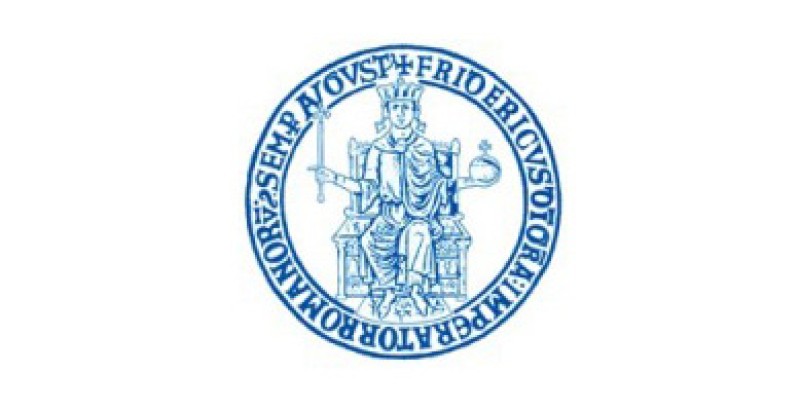Sub-theme 62: Power, Habitus and Organizing [merged with sub-theme 40]
Call for Papers
This sub-theme is concerned with the relationship between power, habitus and the shaping and re-shaping of organizations,
organizational structures, practices and the wider socio-political terrain in which this occurs. The emergence and growth
of global digital technology organizations, the type of organizing many of these embody, and the more global neo-liberal socio-political
structures that all organizations now function within reignite old questions concerning the exercise and level of corporate
power, the shaping of organizational structures and institutional logics, intra-organizational power ratios, and the production
of organizational subjects (Du Gay, 1994).
At the same time, they also raise new questions about habitus formation
and change. What type of habitus facilitates these new types of organizational structures and organizing practices? Could
the habituses of those comprising 21st century organizations be deemed 'more compliant' and less 'capable' of engaging in
resistance practices than those of past generations? In what way are cultural guidelines about how to organize 'work', shaped
by macro and micro power relations? What demands do new cultural codes of working impose on organizational life and non-organizational
life? Furthermore, given the simultaneous occurrence of both competitive and co-operative relations between many organizations
of varying power resources, it raises questions as to how representatives of these organizations accommodate these conflicting
pressures within the habitus.
The concepts of power and habitus, deployed in isolation or combined as part of
a wider framework, have long been central components in a variety of theoretical approaches which have sought to explain organizational
dynamics and change (for example, Alvesson, 1994; Gomez & Bouty, 2011). Neither is habitus a concept confined to the theoretical
lens of Bourdieu. Indeed, Bourdieu was not the originator of the concept – ironic perhaps given the contemporary association.
Rather habitus has been deployed from various other theoretical perspectives (see Mutch, 2003; Newton, 2004; Connolly &
Dolan, 2013) as have conceptions of power. Moreover, given the capacity for the relationship between power and habitus to
be examined at different levels of analysis – micro, macro, or an approach that seeks to combine or transcend the apparent
micro/macro divide – this sub-theme aims to attract papers from a diverse range of perspectives including, but not exclusive
to, Bourdieu, Foucault and Elias.
Some questions of interest may include:
- What is the relationship between power and habitus? Are particular habituses more capable of resisting change even in cases where considerable asymmetrical power relations exist?
- What are the power relations that foster or impel a particular organizational 'habitus'?
- In what way do situational face-to-face encounters reflect a specific habitus and particular power ratios?
- In the era of global social/digital technology organizations and the ‘more permissive’ working conditions they appear to embody, have work practices undergone a shift in the balance between formalization and informalization?
- What theories and methodological approaches are more useful and appropriate in identifying and disentangling the different layers of habitus of those involved in organizational practices?
References
- Alevesson, M. (1994): "Talking in Organizations: Managing Identity and Impressions in an Advertising Agency." Organization Studies, 15 (4), 535–563.
- Connolly, J., & Dolan, P. (2013): "Re-Theorizing the 'Structure–Agency' Relationship: Figurational Theory, Organizational Change and the Gaelic Athletic Association." Organization, 20 (4) 491–511.
- du Gay, P. (1994): "Making up Managers: Bureaucracy, Enterprise and the Liberal Art of Separation." British Journal of Sociology, 45 (4), 655–674.
- Newton, T. (2004): "From Freemasons to the Employee: Organization, History and Subjectivity." Organization Studies, 25 (8) 1363–1387.
- Mutch, A. (2003): "Communities of Practice and Habitus: A Critique." Organization Studies, 24 (3), 383–401.
- Gomez, M., & Bouty, I. (2011): "The Emergence of an Influential Practice: Food for Thought." Organization Studies, 32 (7), 921–940.


